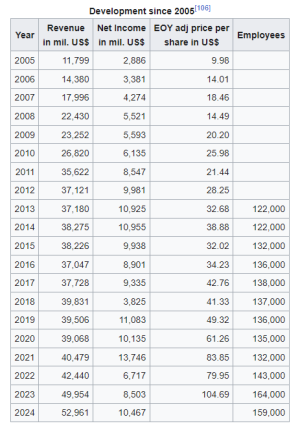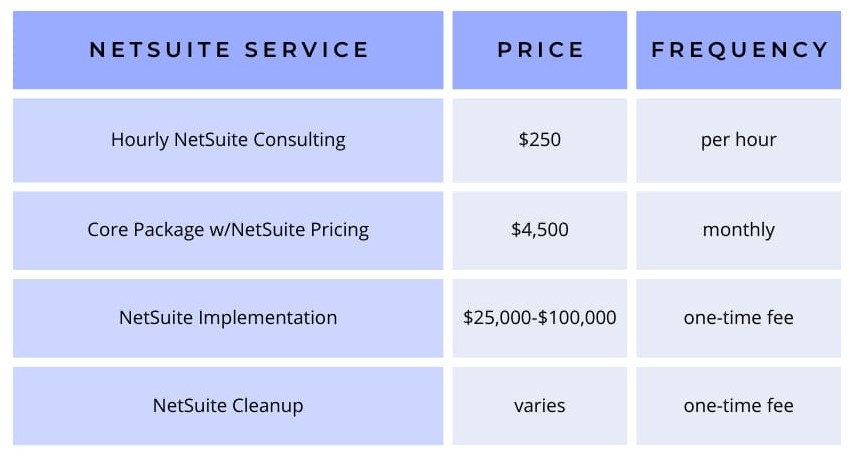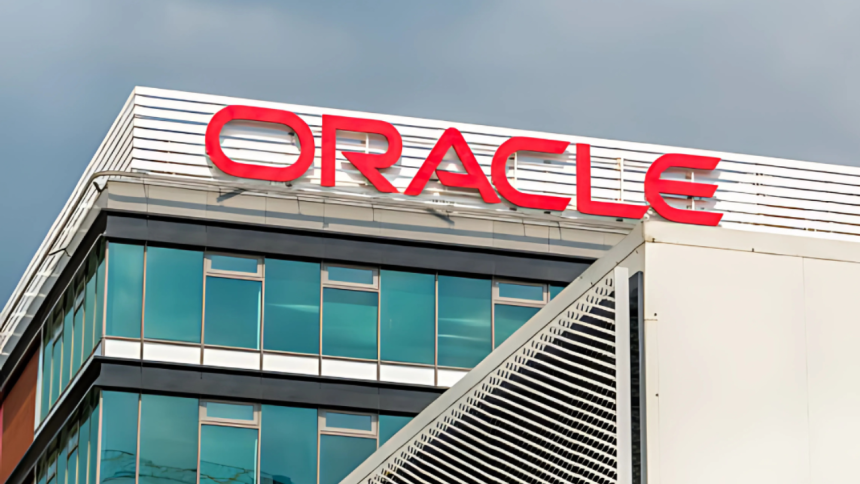Introduction
Oracle is a multinational technology corporation that was founded in 1977 in California, USA, by three individuals: Lawrence Joseph Ellison, Bob Miner, and Ed Oates. Initially named Software Development Laboratories (SDL), the company later changed its name to Oracle. It has since grown into one of the largest software and hardware companies in the world, with a particular focus on database management systems, cloud solutions, and enterprise software.
Back Story
The story behind Oracle’s success begins with its strong foundation in database technology. The company’s key strength lies in its ability to develop and sell powerful database software, particularly the Oracle Database. This focus on databases allowed Oracle to become a dominant player in the software industry. Larry Ellison, known for his visionary leadership, was seen as the mastermind behind the company’s direction, while Bob Miner brought technical expertise to the table. Although Bruce Scott, Oracle’s first employee, played a critical role, he was not officially recognized as a co-founder.
“Great achievers are driven, not much by the persuit of success, but by the fear of failure” -Larry Ellison, Founder of Oracle
Oracle’s business model and innovations in database technology helped it evolve into one of the largest companies in the world by revenue. The company is headquartered in Austin, Texas, and as of 2023, it was ranked 80th on Forbes’ Global 2000 list of the world’s largest companies based on market value.
Financials of Oracle
As of 2024, Oracle has a market value or net worth of approximately $528.58 billion. This valuation highlights Oracle’s continued prominence in the tech industry. The company is led by Larry Ellison, whose net worth was estimated at $171.1 billion as of June 2024. Ellison’s leadership and commitment to innovation have been key to Oracle’s ongoing success and ability to stay competitive in a rapidly changing technology landscape. Under his guidance, Oracle has maintained its position as one of the largest and most influential tech companies in the world.
Oracle’s impressive growth has been fueled not only by its database software but also by its expansion into cloud computing, providing a wide range of services to businesses around the globe.

Related : Odoo’s Rise: From Open-Source Project to Business Software Powerhouse
Oracle’s Workforce and Compensation Highlights
In terms of employment, Oracle has about 159,000 employees in 2024, slightly fewer than the 164,000 employees it had in 2023. Despite this slight decrease, Oracle continues to rely on a large and dedicated workforce to manage its vast operations and sustain its market value. The company has been recognized for its leadership and employee compensation, with Larry Ellison’s CEO-to-employee pay ratio standing at an eye-popping 1,205:1, according to Bloomberg.
In 2017, Ellison’s compensation was reported to be $108.3 million. For comparison, the median compensation for Oracle employees is $89,887, which reflects the company’s commitment to rewarding its workforce while balancing its executive pay structure.

In addition to its core database and cloud services, Oracle also offers NetSuite, a cloud-based business management platform. NetSuite helps organizations manage their finances, supply chains, and operations more efficiently. The price of NetSuite varies depending on several factors, including the components included, the type of license, and any additional customizations businesses might require.
Future Prospectus
Over the years, Oracle has evolved from a company known for its database products to a global leader in cloud computing and enterprise software. It helps organizations worldwide manage and analyze data more effectively. Its expansion into cloud services, including its comprehensive cloud applications and platform solutions, has allowed it to adapt to the digital age and maintain its place at the forefront of technology innovation.









